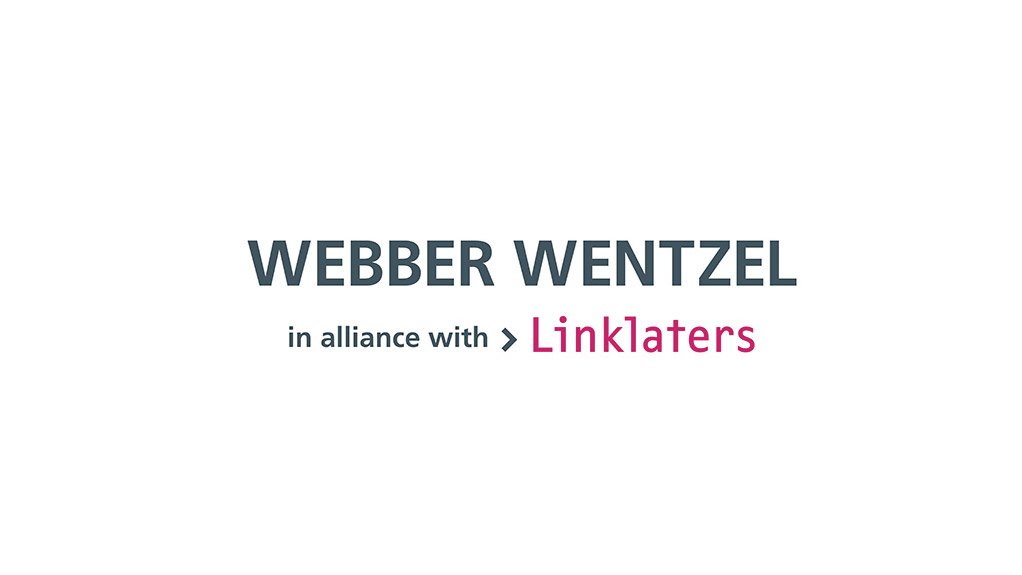Like most states worldwide, almost all African countries continue to treat defamation as a crime punishable by imprisonment. Punishment for this offence (among others) has historically been used by repressive governments as a mechanism to intimidate or retaliate against journalists and activists opposed to the ruling regime.
Even in democratic states, like post-apartheid South Africa, the very existence of the crime arguably casts a chilling or inhibiting effect on freedom of speech, particularly freedom of the press, as the risk of arrest, prosecution, conviction and imprisonment will weigh significantly on the mind of any journalist wishing to expose wrongdoing by public figures.
In 2008 the Supreme Court of Appeal in State v Hoho upheld a conviction of criminal defamation against a disgruntled public servant who had published leaflets falsely accusing several public officials of various kinds of improper conduct. It held "that the offence was reasonably required to protect people's reputations and that it did not go further than was necessary to accomplish that objective", and therefore it was "consonant" with the Constitution.
In recent years, however, progressive African jurists have been agitating effectively for the crime to be completely abolished. In 2010, the African Commission on Human and Peoples' Rights (a human rights Commission set up under the African Charter on Human and Peoples' Rights) called on AU members "to repeal criminal defamation laws or insult laws which impede freedom of speech". This was a significant step, considering that even the United Nations Human Rights Committee and the European Court of Human Rights (widely considered to be the world leaders in human rights jurisprudence) have not gone this far, recommending merely that criminal penalties "should only be countenanced in the most serious of cases and [that] imprisonment is never an appropriate penalty".
Last year, the issue came to a head. In March 2014 the African Court of Human and Peoples' Rights, heard a complaint against Burkina Faso from Lohé Issa Konaté, a journalist who had been sentenced to twelve months' imprisonment for criminal defamation, after reporting on allegations of corruption and abuse of office by a senior state prosecutor. (We discussed this case in a previous newsletter.)
While the African Court was still considering the Konaté case, the newly inaugurated Constitutional Court of Zimbabwe delivered an unexpected decision in Madanhire v Attorney-General (June 2014), striking down criminal defamation as unconstitutional. The Court expressly rejected the reasoning of the South African Supreme Court of Appeal in Hoho, finding that criminalising defamation was excessive, in view of the availability of civil remedies for the same conduct.
In August 2014 the Pretoria High Court heard an appeal on behalf of Cecil Motsepe, a former Sowetan reporter who had been convicted of criminal defamation and given a suspended sentence of ten months in prison or a fine of ZAR 10,000. Fifteen local and international free speech advocacy groups intervened in the appeal and argued that the application of criminal defamation to journalists was inconsistent with the Constitution.
On 5 December 2014, the Court set aside Motsepe's conviction on the basis that he lacked criminal intent, but it went on to find that in principle "prosecution of the media [or] journalists who committed [the] crime of defamation is not inconsistent with the Constitution". In arriving at this conclusion, the Court did not address, at all, the very opposite findings of the Zimbabwean Constitutional Court in Madanhire (despite this judgment having been brought to its attention and thoroughly debated at the appeal).
On the very same day, the African Court delivered its judgment in Konaté. The majority opinion (six judges) adopted the UN and European Court notion that criminal defamation is permissible but not punishable with imprisonment. The minority opinion (four judges) felt that this was "a step backward in the evolution of human rights in Africa" as the availability of civil remedies rendered the criminalisation of defamation unjustifiable.
One of the dissenting judges in the African Court was former Judge President of the Pretoria High Court, Bernard Ngoepe. Reflecting on the judgment at a seminar held by the Freedom of Expression Institute in April 2015, Judge Ngoepe argued strongly that "there is no place for criminal defamation", which "can be used as a weapon to silence critics or even political opponents by the sheer threat of imprisonment", and thus "has a chilling effect on the exercise of the right to freedom of expression".
It is hoped that the movement for the decriminalisation of defamation will continue to gain momentum. Although regressive reasoning prevailed in the Motsepe judgment and the majority opinion in Konaté, Judge Ngoepe nevertheless expressed the hope that "the minority judgment will, as they say, be the law of the future". Indeed, if local courts across the continent follow the example set by the Zimbabwean Constitutional Court in Madanhire (which was awarded Columbia University's first Global Freedom of Expression Prize in March 2015), Africa will, somewhat unexpectedly, become the new leader in free speech jurisprudence.
Issued by Webber Wentzel
EMAIL THIS ARTICLE SAVE THIS ARTICLE
To subscribe email subscriptions@creamermedia.co.za or click here
To advertise email advertising@creamermedia.co.za or click here











